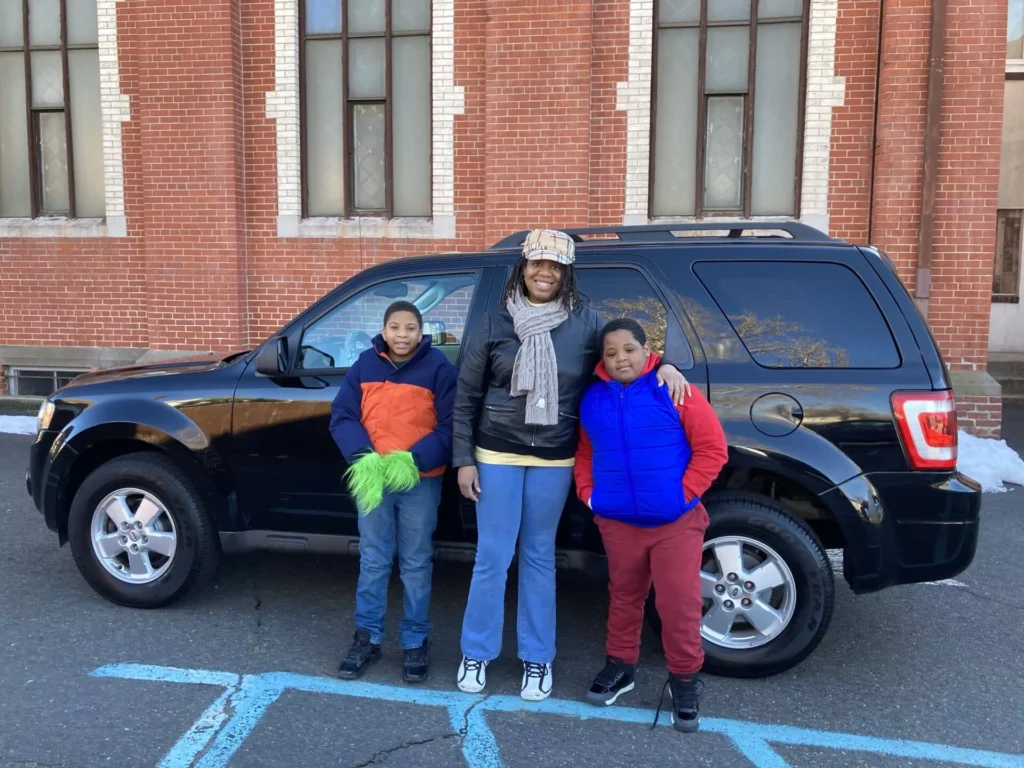
We are there when a family’s homelessness is imminent, and we work to avoid the trauma of a family losing their housing. Our Affiliates do this through:
Keeping families out of shelter is good public policy and good fiscal policy. When families have lost housing and reach out to Family Promise, we provide alternatives to shelter, including:

We are there when a family’s homelessness is imminent, and we work to avoid the trauma of a family losing their housing. Our Affiliates do this through:
Keeping families out of shelter is good public policy and good fiscal policy. When families have lost housing and reach out to Family Promise, we provide alternatives to shelter, including:

We are there when a family’s homelessness is imminent, and we work to avoid the trauma of a family losing their housing. Our Affiliates do this through:
Keeping families out of shelter is good public policy and good fiscal policy. When families have lost housing and reach out to Family Promise, we provide alternatives to shelter, including:
Our 200+ Affiliates provide comprehensive guidance and resources to empower families at risk of or experiencing homelessness.
Our 200+ Affiliates provide comprehensive guidance and resources to empower families at risk of or experiencing homelessness.
Our 200+ Affiliates provide comprehensive guidance and resources to empower families at risk of or experiencing homelessness.
Inspiring women with a history of incarceration or at risk of incarceration to design a thriving life journey using newly learned tools and strategies for success.
WINDProgram.org | Copyright © 2020-2024 | All Rights Reserved.